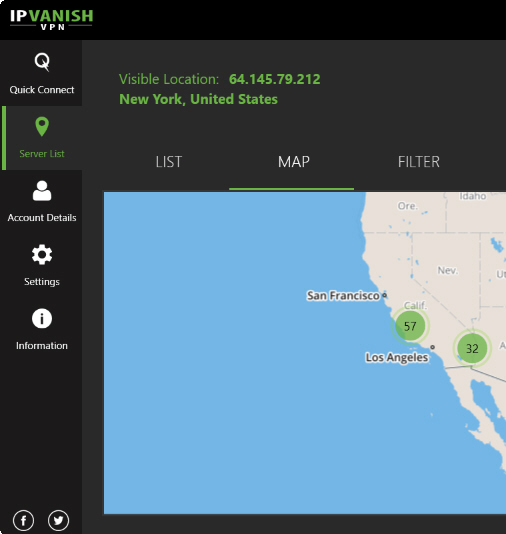
IPVanish: A versatile VPN that doesn't log your traffic or sell your browsing data [Review]
VPNs (Virtual Private Network) work by routing all of your web traffic to a VPN server through a secure, encrypted tunnel. Their usage has grown substantially in recent years as web users seek not only to circumvent geoblocking, censorship and ISP blocks, but also simply to enjoy a degree of anonymity online.
There are number of free and paid VPNs to choose from. While free might seem like the way to go, the truth is these tend to have restrictions, such as a limited amount of free traffic each month, fewer servers to choose from, and throttled speeds. They’re fine for occasional use, but if you plan to employ VPN protection on a more regular basis, particularly for downloading files via BitTorrent or streaming on Kodi, then a paid solution, like IPVanish, makes a lot more sense.

Kaspersky Secure Connection VPN service is free, but Android users aren't happy with the permissions it requires
In a time when people are more concerned about privacy than ever, security tools such as VPNs are proving increasingly popular. Kaspersky Lab recently released a VPN tool for Android, and reviewers are voicing concerns about the permissions required by the app.
Kaspersky Secure Connection: VPN service has a reasonable overall review score at time of writing, but the lower scores are highly critical of what are seen as privacy-invading permission requirements.

Kodi users now need to turn to VPNs to watch Premier League football
It has been difficult to avoid talk of Kodi for one reason or another recently, and it's something that's likely to be on the lips of fans of UK football now the 2017/18 Premier League season has started up.
Watching pirated streams of football matches through IPTV providers and other services has long been a popular use for Kodi, and the English Premier League (EPL) has had enough. The organization previously obtained a High Court order blocking illegal streams in real-time, and a more recently obtained injunction extended this ability. With the new season now under way, football fans are discovering that they now need a VPN like IPVanish to get their fix.
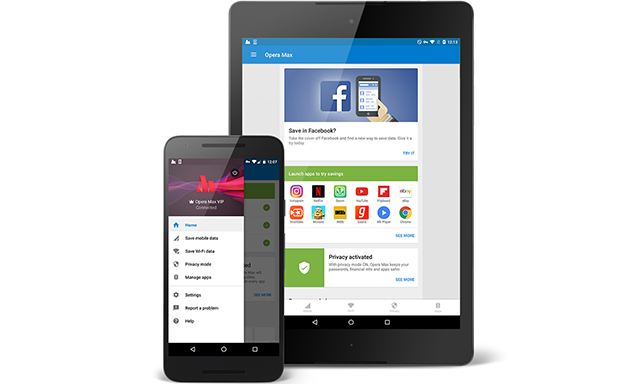
Opera kills off its free data-saving app, Opera Max
Opera Max -- the free data-saving and VPN-like tool from the team behind the Opera web browser -- is being killed off.
The app has been removed from Google Play with immediate effect, and there will be no more updates. Opera is not really giving a reason for the sudden decision other that the fact that Opera Max had "a substantially different value proposition than our browser products."

Putin bans VPNs and proxies in Russia as Apple explains pulling VPNs from Chinese App Store
VPNs and proxies are now illegal in Russia after Vladimir Putin signed a new law which prohibits technology that can be used to access websites that are banned in the country. The law also prevents people from using tools to stay anonymous online, and a second law requires users of messaging tools to be identifiable through their phone numbers.
As Russia hardens it implementation of government-imposed censorship, Apple has explained the sudden disappearance of around 60 VPN tools from the Chinese version of its App Store. The actions of both countries are seen as attempts to further thwart freedom of speech.
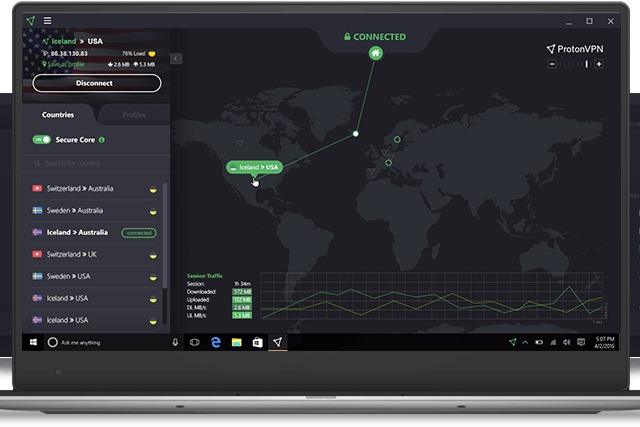
ProtonVPN is a free VPN service that's now available to everyone
ProtonMail has opened up its free VPN service to anyone who wants to use it. ProtonVPN was previously only available to a limited number of beta testers, but now everyone can secure their internet connection for free.
The company is best known for its encrypted email service, but the prospect of a free VPN tool will also be enticing to anyone who has concerns about privacy. It also provides a free way of bypassing internet restrictions that may be put in place by governments or ISPs.

Many users rely on VPNs to circumvent geoblocks
A new report has revealed that VPN usage in the UK has increased with almost one in six people now using a VPN alongside their internet connection.
According to YouGov's "Incognito Individual" report, 16 percent of British adults have used either a VPN or proxy server. This up-tick in users trying a VPN was often the direct result of trying access region-locked content or websites. Of those surveyed, 48 percent of respondents admitted to using a VPN or a proxy to access content they would otherwise be unable to view.

Is it time to replace the VPN?
It’s time to replace the traditional VPN and regain trust of your endpoints with a more secure and easier approach to remote access. VPNs have typically been the go-to solution for access to internal applications, with one-third of access requests to corporate networks coming from outside the firewall.
However, VPNs come with security drawbacks, including the increased risk of unauthorized remote access to sensitive data. Typically, they grant access at the network level, meaning every user with VPN rights can access the same applications that any other user can, which is a risky practice.
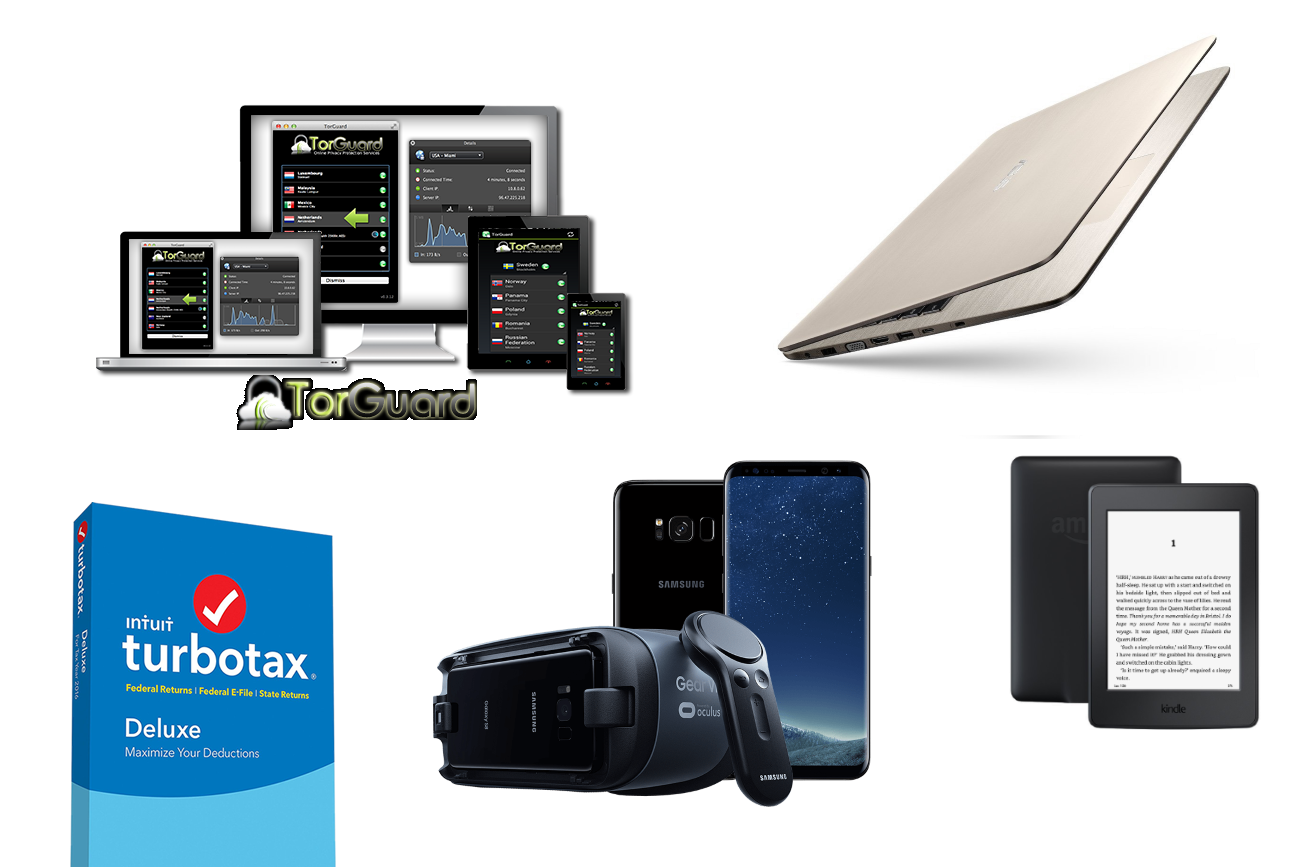
Tech Deals: Protect your privacy with these great VPN offers, plus amazing savings on new PCs
Why pay full price for a new laptop, desktop PC, or Kindle, when you can get one for a fraction of the cost?
Courtesy of our partners at TechBargains we have yet another selection of superb deals to tempt you. Offers include fantastic savings on new ASUS, Acer, Dell, and HP laptop and desktop PCs, Kindle eReaders, VPN services, and much more.

What hacking RSA access points teaches us about enterprise VPNs
News that multiple access points at the RSA security show may have been hacked made for great headlines, and that’s about it. The attack poses little actual risk to most corporate users, but it does underscore the importance the cloud can play in corporate VPNs.
Security researchers at Pwnie Express discovered the attack when scanning the conference floor. They found a rogue access point posing as a known, trusted network -- what’s called an EvilAP attack. In an EvilAP attack, the attacker impersonates a known wireless network by intercepting the SSID a user’s device discloses when searching for a WLAN. The attack is available from several hacking tools, including KARMA.

Duo Security launches fast, simple alternative to VPN
Enterprise users increasingly want access to their data while they're out of the office. This generally requires a VPN or Network Access Control (NAC) solution but these can be time consuming and complex to set up and administer.
To make things faster and simpler, trusted access specialist Duo Security is launching a major commercial implementation of Google's BeyondCorp framework that drastically improves and simplifies management of how employees and devices access critical corporate applications.

Warning: most Android VPN apps are insecure
VPN software can be used to not only circumvent geoblocking, censorship and ISP blocks, but also to remain anonymous online. At least that's the idea. If you're an Android user who has a VPN app installed on your phone or tablet, the chances are that it is not safe.
Research shows that the majority of VPN apps to be found in Google Play contain spyware or malware, leak data, or include tracking components. This is in stark contrast to what most people would expect from such apps, and users are warned to double-check the choice they have made.

China blocks VPNs, making Great Firewall circumvention harder
The Great Firewall of China is a famously totalitarian measure taken by the Chinese government to control what its citizens are able to see and do online. As with any such blockade, where there's a will there's a way, and people have long turned to VPNs to get around the firewall. But with a new 14-month crackdown on the use of such tools, the situation just got a little trickier.
While on the face of it the announcement from the Ministry of Industry and Information Technology in China seems like a new one, it is really just a drive to more strictly enforce existing legislation. The Chinese government is clamping down on the unauthorized use of VPNs in a move that will be seen by the outside world as a prime example of the country's dictatorial control and censorship of the Internet.

Betternet is a simple, free and 'unlimited' VPN
Connecting to a virtual private network can shield your IP, maintain your privacy on insecure wireless hotspots and perhaps help you access websites you couldn’t reach normally.
VPN’s usually require paying a chunky subscription fee, but Betternet promises an unlimited service for absolutely nothing at all.
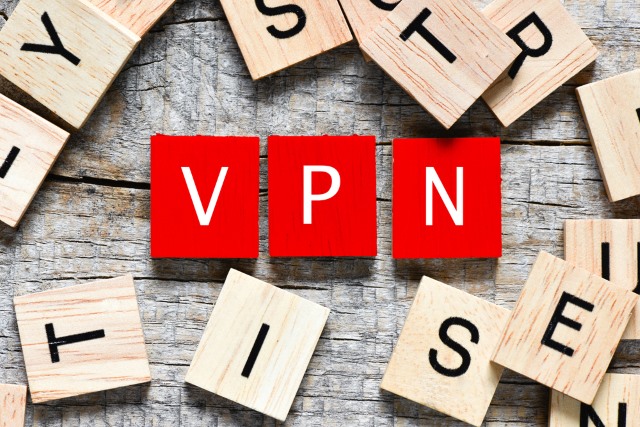
Users know the risks, but connect to Wi-Fi hotspots anyway
People are risking a lot when they connect to a free Wi-Fi, which is particularly important knowing how many people use mobile devices for work. According to a new report by NordVPN, a company selling VPN services, Wi-Fi networks can be hacked easily and attackers could steal valuable data, including corporate information, credit card information or identities.
"Hackers often position themselves as Wi-Fi hotspots and easily steal personal information of each individual that logs in", says NordVPN. "In addition, identity thieves have lately been using wireless sniffers, a software designed to intercept and decode data when it is transmitted over a network".
